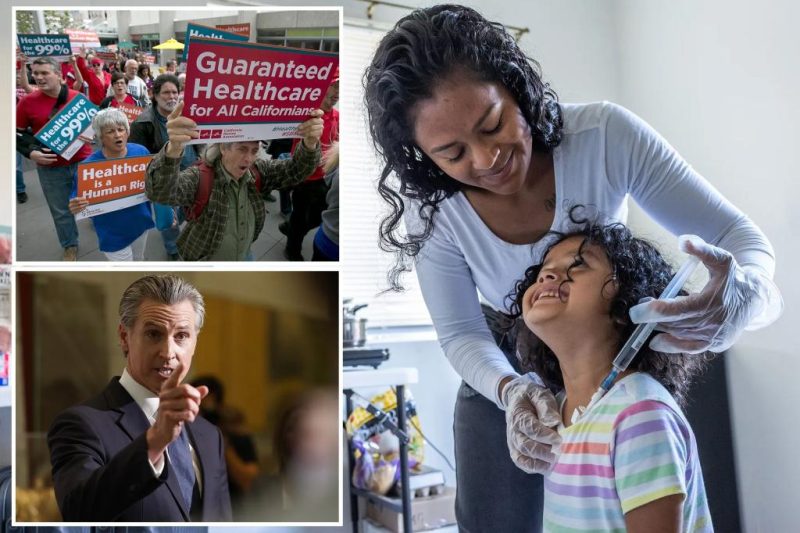
California is facing a significant political showdown over healthcare access for undocumented immigrants. A budget proposal, slated for a vote, suggests a freeze on new enrollments in the state’s health care program for this population. This move has ignited fierce debate, pitting fiscal concerns against the fundamental right to healthcare.
The proposal, if passed, would effectively halt the expansion of coverage to newly eligible undocumented immigrants. Proponents argue that the state’s budget is strained and that prioritizing existing enrollees is necessary. They point to the substantial financial burden of providing healthcare, suggesting that a freeze is a fiscally responsible measure in the face of limited resources. This argument often highlights the need to balance competing demands on the state budget, focusing on existing commitments and the potential impact on other crucial public services.
However, critics vehemently oppose the proposal, arguing that it’s a cruel and discriminatory measure that would leave vulnerable individuals without access to vital medical care. They emphasize the ethical implications of denying healthcare based on immigration status, highlighting the potential for severe health consequences for those affected. Advocacy groups have rallied against the proposal, emphasizing the importance of comprehensive healthcare access as a fundamental human right, regardless of immigration status.
The debate extends beyond simple fiscal considerations. It touches upon broader questions of social justice, equity, and the role of the state in providing for its residents. The long-term implications of this decision could significantly impact the health and well-being of a considerable population, as well as the overall image of California’s commitment to inclusive healthcare policies.
The upcoming vote promises to be a pivotal moment, shaping not only the immediate access to healthcare for undocumented immigrants but also setting a precedent for future policy decisions regarding healthcare access for vulnerable populations in California and potentially beyond. The outcome will be closely watched by healthcare advocates, policymakers, and immigrant communities across the nation.










